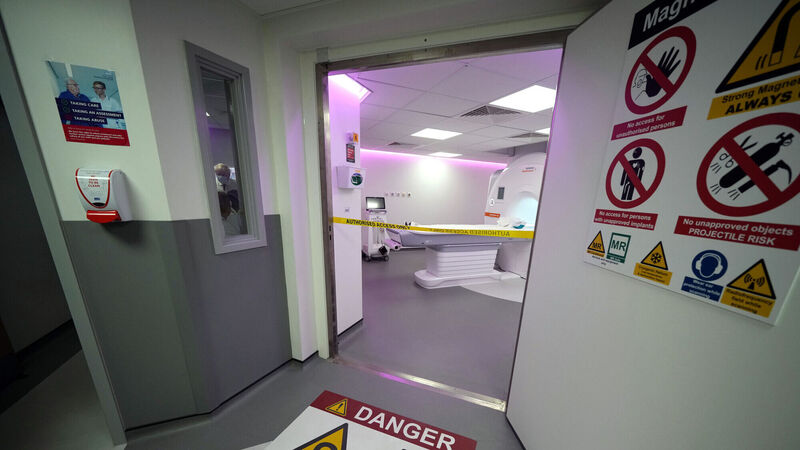Screening for prostate cancer could help save lives, study suggests

An MRI scanner. Picture: Christopher Furlong/PA Wire
Using MRI scans to screen men for prostate cancer could reduce deaths from the disease “significantly”, researchers have suggested.
Scientists said current tests, which detect the level of the protein prostate-specific antigen (PSA) in the blood, have been linked to over-diagnosis and over-treatment of low-risk cancer.














